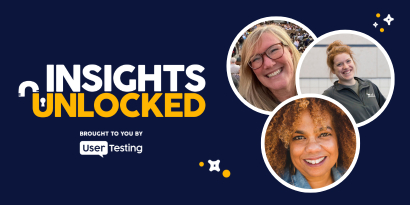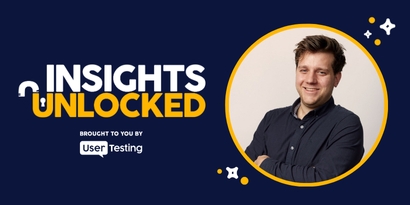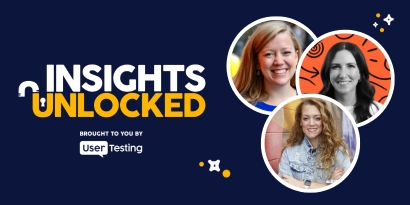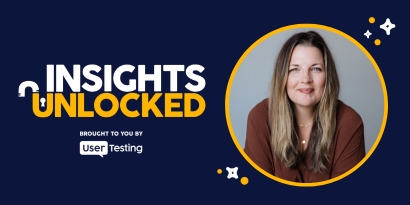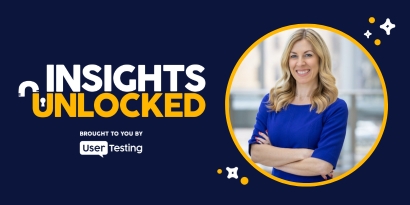
Episode 153 | January 13, 2025
Unlocking your UX superpowers to lead and build influence
Learn what superpowers help UX researchers build influence, convert challenges into opportunities, and lead within their organizations.
Unlocking your UX superpowers to lead and build influence
What does it take to transform user research challenges into opportunities for influence and leadership? For Kuldeep Kelkar, senior partner at UXReactor and author of Strengthen Your User Research Superpowers, the answer lies in developing a set of 52 superpowers designed to help researchers make an impact.
In a conversation recorded live at The Human Insight Summit, Kuldeep shared his journey through 25+ years in UX research, the lessons he’s learned, and actionable insights from his book.
Empowering researchers with superpowers
User research is more than just a methodology—it's a way to influence stakeholders and lead impactful conversations. Kuldeep’s book focuses on equipping researchers with practical skills to overcome challenges like gaining buy-in, communicating insights effectively, and navigating tough questions.
“This book isn’t about teaching the basics of user research,” Kuldeep explained. “It’s about giving researchers the tools they need to become leaders within their organizations.”
One key takeaway is that researchers must embrace challenges as opportunities. Kuldeep highlights this mindset shift in the book: “User researchers face challenges that can be converted into opportunities, but doing so requires strengthening specific superpowers.”

Turning sample size into a superpower
For many researchers, the question of sample size can be daunting. Kuldeep admits he once found it frustrating. “In my first ten years, I used to get angry when someone questioned sample size,” he said. “Now, I see it as an opportunity to educate stakeholders.”
According to UserTesting’s guide to sample size, smaller sample sizes in qualitative research can uncover why users behave a certain way, while larger samples ensure statistical reliability. Both have their place, and helping stakeholders understand this balance can build credibility.
“These conversations allow us to highlight the value of both qualitative and quantitative research,” Kuldeep said. “It’s a chance to establish trust and demonstrate our expertise.”
AI: a tool, not a replacement
As AI tools like ChatGPT redefine the UX landscape, researchers are adapting their workflows. “AI has great potential, but the human touch in understanding user context and emotions is irreplaceable,” Kuldeep shared.
At UXReactor, Kuldeep and his team are piloting AI for tasks like research planning, insight aggregation, and editing. However, he notes that while AI can save time, it hasn’t yet translated into measurable customer benefits.
He said that while AI can streamline processes, human expertise is essential for interpreting nuanced data.
“As a community, we’re still figuring out where AI truly adds value,” Kuldeep said. “It’s exciting, but it’s not a replacement for what researchers bring to the table.”
Embrace the Superpowers Within
As Kuldeep wrapped up the conversation, he shared a piece of advice for researchers: “If you want to make an impact, you can’t avoid the tough questions. They’re your chance to lead and build influence.”
From addressing sample size debates to navigating AI’s role in research, Kuldeep’s insights remind us that challenges aren’t roadblocks—they’re opportunities to grow, educate, and lead.
Episode links:
- Kuldeep Kelkar on LinkedIn
- Nathan Isaacs on LinkedIn
- Book: Strengthen Your User Research Superpowers
- UXReactor website
